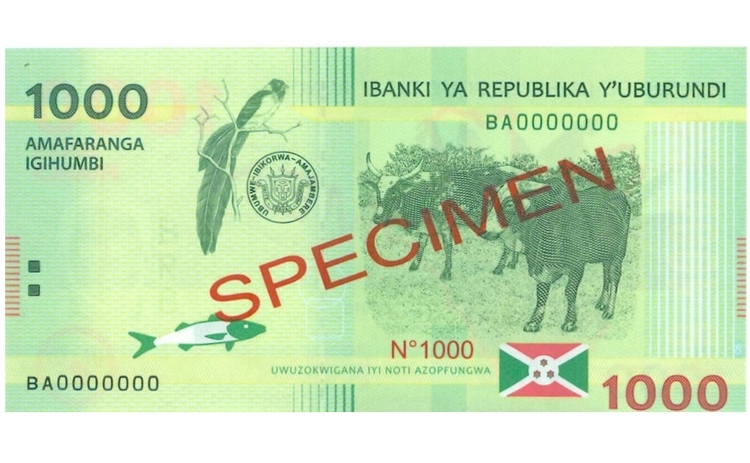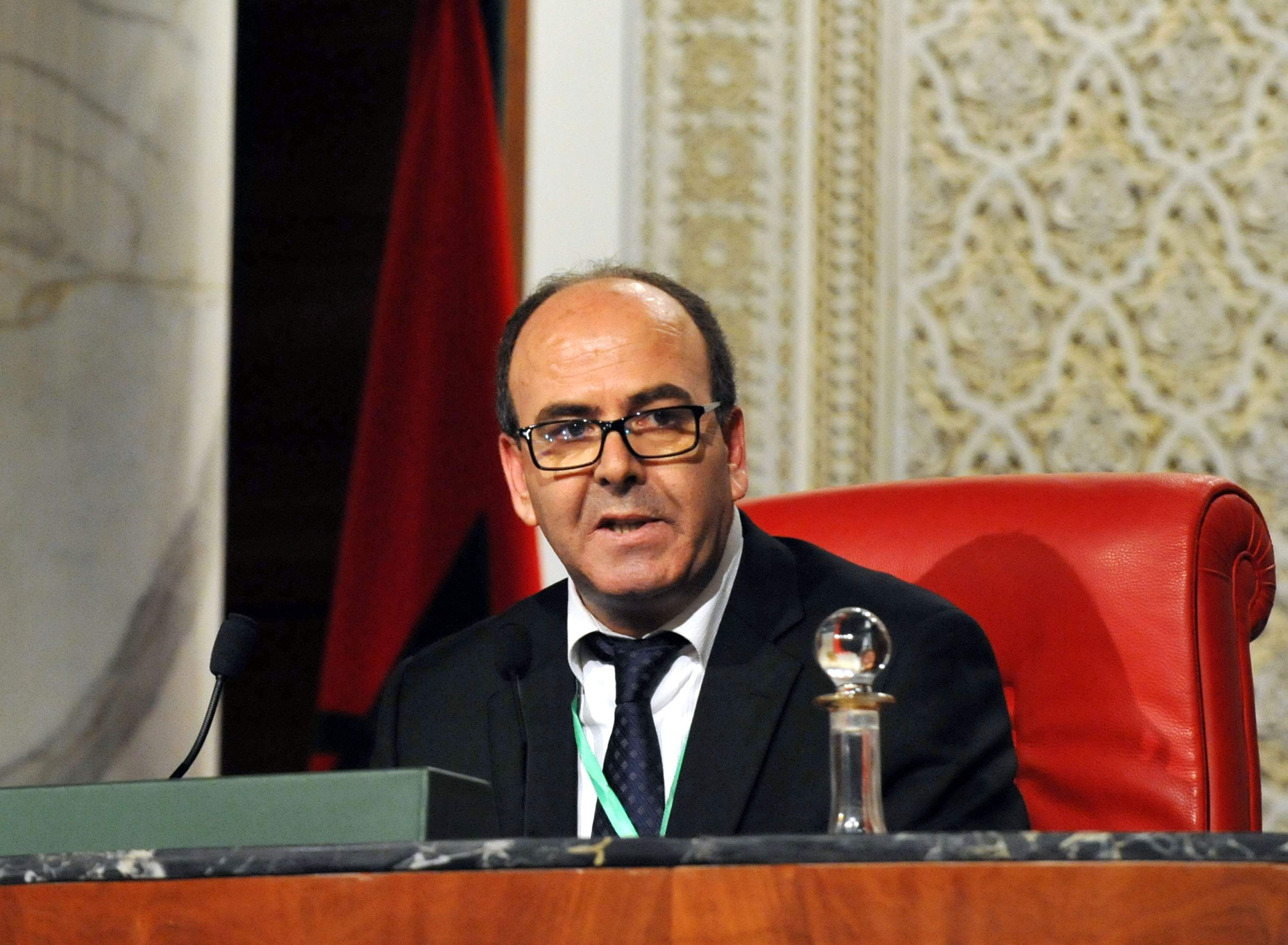The International Monetary Fund’s executive board has rubber-stamped a $271 million Extended Credit Facility meant to address the country’s protracted balance of payments needs, rebuild external buffers and support the government’s reform agenda.
The Washington-based financial bilateral lender will disburse $62.6 million immediately.
The loan is Burundi’s first Upper Credit Tranche-quality arrangement with the IMF since 2015. The lender in a statement said it expected the loan to “catalyze donor funding, which is essential to cater to Burundi’s large financing needs and support its exit from fragility”.
The eastern African country’s economy has been hit by several shocks, halting its recovery from the negative effects of the Covid-19 pandemic and heightening its macroeconomic imbalances.
The country also suffered delayed rainfall in the last quarter of 2022 and limited availability of fertilizer — driven by higher prices in the context of limited foreign exchange (FX) availability for imports, supply disruptions linked to the war in Ukraine, and insufficient domestic production to cover local farmers’ demand — hampered agricultural production.
For Burundi, inflation averaged 18.9 percent in 2022 and has continued accelerating (28.6 percent year-on-year at the end of January 2023), driven by food prices. “It is projected to remain high, at around 18 percent in 2023”, IMF informed.



